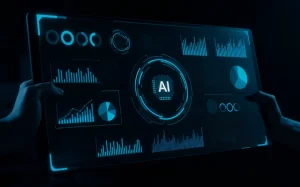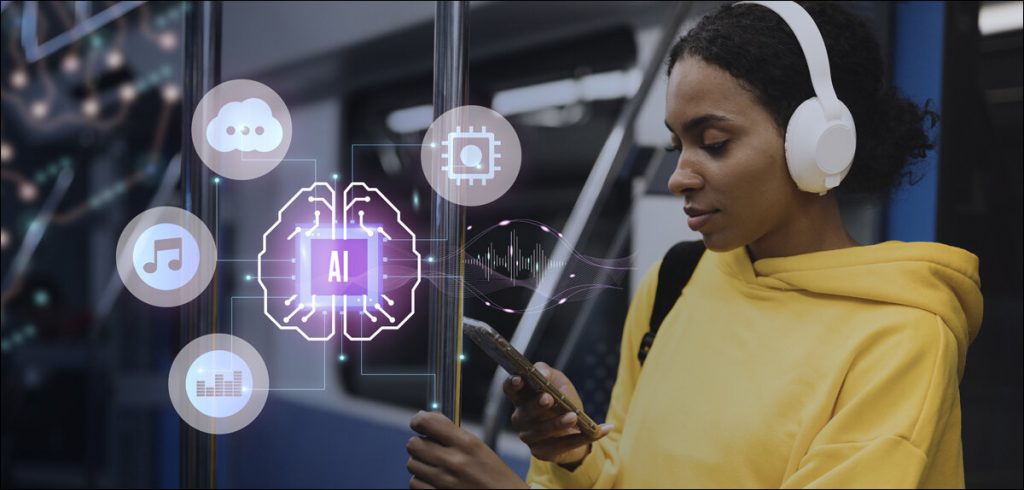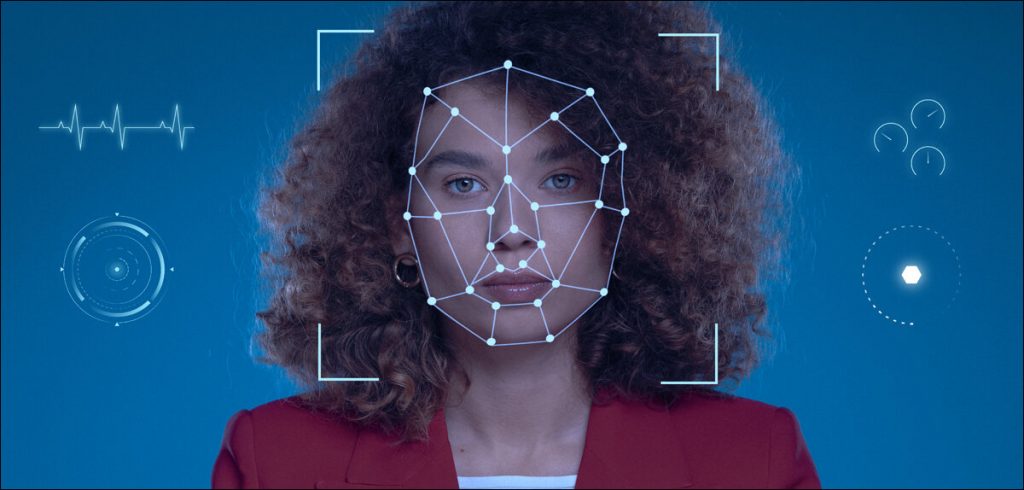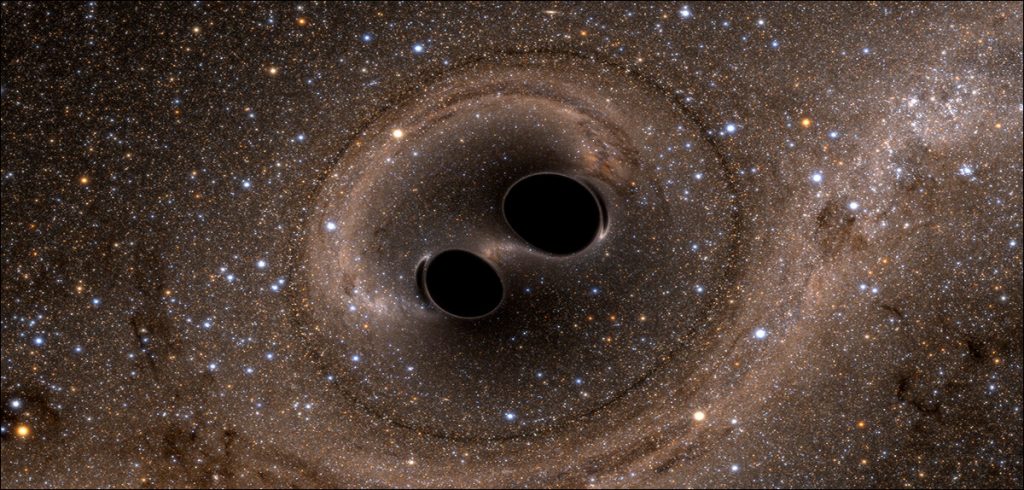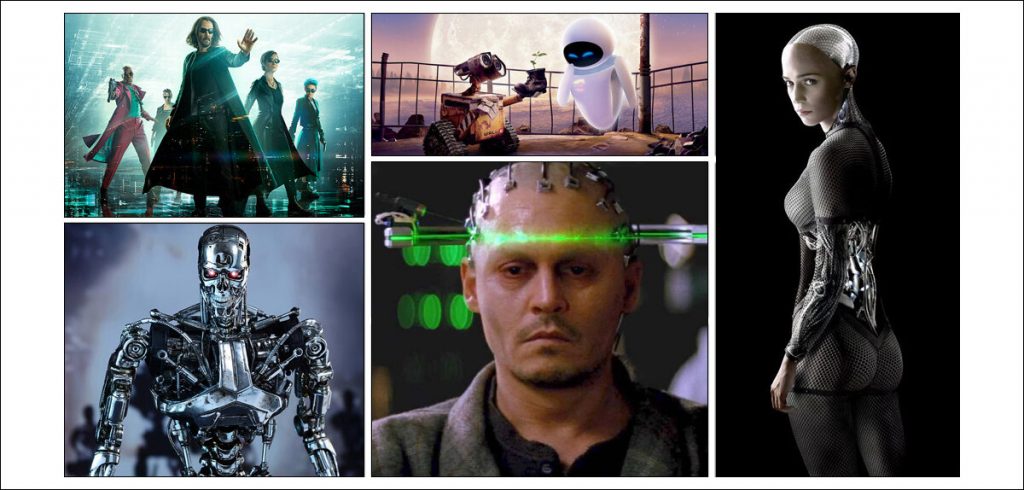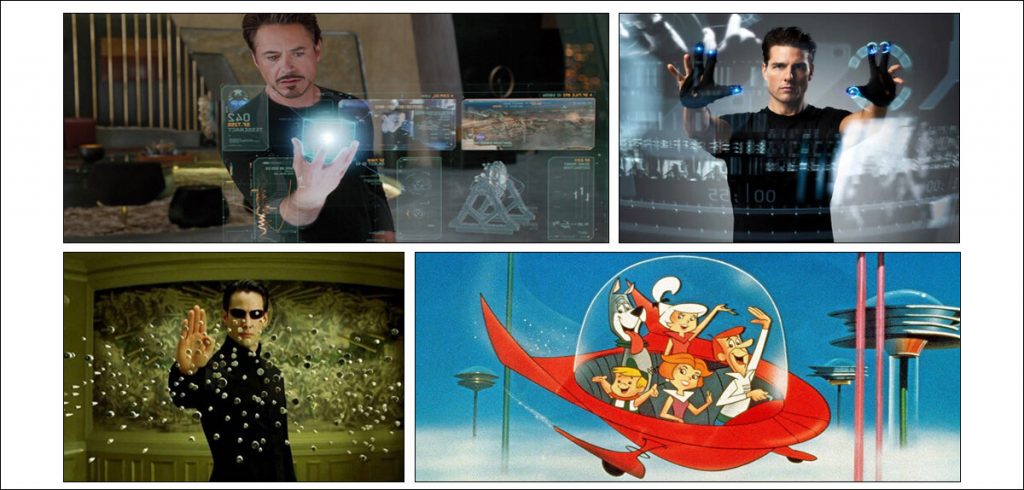Author: Adarsh
Adarsh hates personal bios, Chelsea football club and Oxford commas. When he's not writing, he's busy playing FIFA on his PlayStation.
Adarsh lists out 10-AI powered apps that can save you a whole lot of time and effort. Artificial Intelligence is not the future anymore, it’s the present! We are well and truly into the Digital Age and every single day, new inventions and revelations are taking us closer and closer to the Transhumanism Age! So why are we still wasting our precious time and effort doing menial things that an AI-powered app on your phone can do within seconds? Here are 10 such apps that will save you a world of time! Image Credit: Perplexity 1. Perplexity AI It’s like…
Adarsh updates on everything you need to know about Samudrayaan, India’s First Manned Ocean Mission and the Matsya 6000. Isn’t it amazing that we know more about outer space than what lies beneath the ocean? We have explored the soaring skies, the moon and even other planets but we are still to uncover all the mysteries of the waterbodies on our very planet! And India is very desperate to change that fact. After the very successful Chandrayaan missions, Bharat is leading another race as plans for Samudrayaan, India’s first Manned Ocean Mission were unveiled recently at the National Institute of…
Phone snubbing or being on your phone while spending time with friends or family can be bad for relationships. Adarsh explores the topic in detail. Phubbing: (noun) the practice of ignoring one’s companion(s) in order to pay attention to one’s phone or some other mobile device. In simple words, ‘phubbing’, a port manteau of ‘phone snubbing’, is when people cut off conversations with others in their vicinity to talk or text on their phone instead. If two people are doing it to each other, it is referred to as ‘double-phubbing’. Image Credit: Budgeron Bach on Pexels What Studies say about…
Are advances in facial recognition software a boon or a bane to mankind? Adarsh explores this very topic in detail. What is Facial Recognition? Facial recognition is a tool to identify or confirm an individual’s identity in a photograph, video footage or in real time. Like voice recognition, fingerprint recognition and iris recognition, facial recognition is also a type of biometric software. It marks out an individual’s facial features mathematically and stores the data as a faceprint. Deep learning algorithms are then employed to compare a digital image or live footage with the stored faceprint to verify a person’s identity.…
As artificial intelligence becomes an integral part of the way we work and function almost overnight, Adarsh examines the pros and cons as well as the repercussions. I’d like to begin this article with a confession. I’ve been writing for this website for over a year. After getting my list of article ideas approved, each article is written after lengthy and painstaking research. Every piece of data, fact and quote is checked and double checked after which it is constructed into an article that fits the narrative and the word count. Long story short, it’s a time-consuming activity. Enter ChatGPT.…
Adarsh explores Bharti Airtel’s recent announcement to partner with Google’s parent company Alphabet to deliver high-speed internet to remote areas of India. India is a country with a significant digital divide. While many people in urban areas have access to high-speed internet, millions of people in rural areas do not. This digital divide can have a significant impact on people’s lives, limiting their access to education, healthcare, and other essential services. India’s Digital Divide The digital divide in India is a major problem. According to a 2021 report by the World Bank, only 35% of people in rural India have…
Scientists have found evidence of the constant background hum of gravitational waves, providing further confirmation of the German-born Nobel Prize winner’s theory. Well over a century ago, in the summer of 1916, at the age of 36, renowned German physicist Albert Einstein published his now-famous theory of general relativity. The theory is based on two main postulates: 1. The laws of physics are the same for all observers, regardless of their motion. 2. The curvature of spacetime is caused by the presence of mass and energy. Einstein had predicted the existence of gravitational waves in his 1916 Theory Of General…
Hollywood movies have been themed around Artificial Intelligence since the 1960s. Adarsh explores some of the most famous ones! Artificial Intelligence has been a favourite theme for Hollywood filmmakers for over half a century now. There have been several movies that have explored the topic and depicted compelling and though-provoking situations to tell us about the pros and cons of AI. Here are the top 10 examples: 1. 2001: A Space Odyssey (1968) Directed by the legendary Stanley Kubrick, this movie was way ahead of its time. It is centred around an intelligent computer system called HAL 9000 which has…
Ever since the pandemic, online education has seen astronomical changes. Adarsh explores its impact. When Covid-19 led to lockdown in early 2020, offices were closed, and Work from Home (WFH) became the norm. Similarly, with schools and colleges also being forced to shut, it was not long before Online Education became the new normal. Fast forward three years, a lot has changed in the world of online education, but the basic crux has remained the same. Image Credit: Shutterstock Moreover, unlike work from home – which was a temporary arrangement – until it became safe to return to office, online…
Why is it that so much of technology seems to be inspired by science fiction movies? Adarsh takes a closer look at this. If necessity is the mother of invention, imagination is most definitely the father! A lot of inventions and creations that we use daily have in fact been inspired by science fiction movies. For example, the flip-phones were inspired by the communicators in the Star Trek series. Gesture-based computing first became a thing when Tom Cruise did it in Minority Report. Virtual Reality is inspired by the Matrix movies and tablet computers were first seen in 2001: A…

